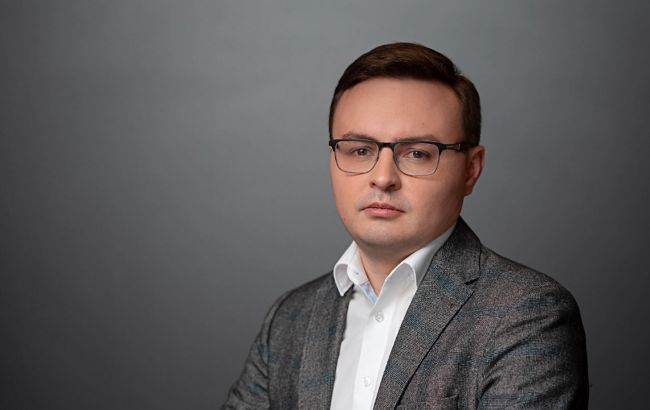In between Vilnius and Washington: Is Ukraine getting closer to the Alliance?
 Arsenii Pushkarenko, the Deputy Head of the Verkhovna Rada Committee on Foreign Policy and Interparliamentary Cooperation (Photo: )
Arsenii Pushkarenko, the Deputy Head of the Verkhovna Rada Committee on Foreign Policy and Interparliamentary Cooperation (Photo: )
Whether Ukraine has come closer to NATO after the summit in Vilnius - Arsenii Pushkarenko, the Deputy Head of the Verkhovna Rada Committee on Foreign Policy and Interparliamentary Cooperation, shared his findings.
Ukraine achieved a significant result at the NATO Summit in Vilnius. Before the summit, President of Ukraine Volodymyr Zelenskyy rightly set an ambitious goal of receiving an invitation, even without specific timelines. At this stage, our country serves as a shield for Europe and the Alliance. However, the summit's outcome represents a realistic working solution, as the formal invitation has now transformed into concrete integration mechanisms.
So, putting aside unnecessary emotions, what did Ukraine achieve in Vilnius?
Firstly, Ukraine obtained new weapons and new defense support packages, as agreed by the head of state during numerous bilateral negotiations. The "bilateral format" at the summit proved to be a highly productive platform for achieving immediate and specific assistance. This allows us to advance our victory significantly and, in turn, accelerate the moment of NATO accession. As long as the war continues in Ukraine, the doors to the Alliance will remain closed.
Secondly, the cancellation of the Annual National Program. Yearly national programs will replace it with specific indicators and steps, the achievement and implementation of which will bring us closer to the goal. Substantial funding from the Alliance (amounting to $500 million per year) is envisaged for the transformation processes of our defense sphere, ensuring its further adaptation to NATO's requirements and standards.
Thirdly, a new and most representative interaction format between Ukraine and the Alliance has been initiated until all the necessary prerequisites for our membership are met. This is the Ukraine-NATO Council, where no member country of the Alliance will have the right to veto. Potentially, it is a significant integration tool that can provide the necessary institutional clarity in the security sphere for Ukraine. The Ukraine-NATO Council will be chaired personally by NATO Secretary-General Jens Stoltenberg, the highest level possible.
This Council's primary and most important task is to define specific reform criteria within the framework of annual national programs. The steps must be swift.
Fourthly, a framework agreement has been concluded with the G7 countries, clearly stating the necessity of providing Ukraine with reliable security guarantees. Now our task is to fill these specific bilateral agreements with the content necessary for us. These agreements need to be ratified by the parliaments of the respective countries. Therefore, Ukraine will have significant insurance against risks related to changes in power in any G7 member country or the possibility of unilaterally revising the agreements. It is worth noting that after the summit, the Czech Republic, Denmark, the Netherlands, Norway, Spain, and Sweden joined the framework agreement between Ukraine and the G7 regarding security guarantees.
Finally, the previous summit's results can be summarized as follows:
- We reaffirmed our persistent strategic goal - NATO membership, and in return, we were provided with more effective tools for integration. Ukraine's integration into NATO is a two-way process. We fulfill annual plans and transform the country and Armed Forces, while NATO countries seek consensus and work on providing specific security guarantees.
- The aggressor will pay for everything: sanctions will continue, all those responsible will be punished, an international compensation mechanism will be established, and not a single penny from Russia's frozen sovereign assets will be returned to them until they fully agree with Ukraine.
- Overall, the formula for the successful integration of Ukraine into NATO can be defined as follows: by changing ourselves, we change the attitudes of our partners and allies.
Before this summit, 23 member countries formally confirmed their support for Ukraine's membership in the Alliance through bilateral declarations. That means that we have already convinced a qualified majority - and this gives grounds for prudent optimism.

